Fort Wayne City Councilman John Shoaff (D-At Large) has sent a written letter to Mayor Tom Henry and Redevelopment Executive Director Greg Leatherman requesting the City renegotiate provisions in the original Stadium License Agreement with Hardball Capital (aka the TinCaps Baseball team). Â These provisions revolve around the City’s contributions to the Capital Maintenance fund for sustained upkeep of the Parkview Field facility. Text of the full letter follows the jump.
Dear Mayor Henry,
As the Journal-Gazette very accurately reported, at Tuesday’s City Council meeting I called for a renegotiation of the Stadium License Agreement between Hardball Capital and the City. I did this because: Hardball has been unable to fulfill “its obligations under the Condominium/Retail Economic Development Agreement” and “Hardball’s rights under the Stadium License Agreement are contingent upon its obligations under the Condominium/Retail Economic Development Agreement being fully satisfied.” [3rd bullet point, page 2 of the Stadium License Agreement Summary of July 16, 2007. The full text of this stipulation is found in Article VI HARDBALL’S OBLIGATIONS, Section C. of the full Stadium License Agreement.]
The summary emphasizes the importance of meeting this condition with unusually blunt language: “In other words, the Phase I retail and condominiums must be developed.” [ibid.]
It is easy to see why the city negotiators felt so strongly that this condition must be met. Without it, the remaining terms of the agreement with financial implications create a totally one-way flow of revenues. Most revenues go to Hardball, and their net they can take to Atlanta; but “All City revenues received will be deposited into a capital maintenance fund that will ensure the long term upkeep of the facility” [7th bullet point, page 1 of Summary; underlines mine.] Furthermore, “The City agrees to deposit a minimum of $230,000 into the fund annually” [Ibid.] even if its revenues fail to reach that sum.
In addition to turning over all of its modest share of income to the maintenance fund, the City will also be responsible for other ongoing costs: providing parking spaces [9th and 10th bullet points, pg.1], exterior security [11th bullet point], and utilities [2nd bullet point, page 2; roughly estimated by city officials to be $150,000 yearly]. Thus without the direct and indirect revenues that would flow to the City from the condos and retail development, Hardball supplies nothing that puts money into the public coffers, and the city receives nothing it can spend for civic improvements outside the stadium.
Economists whose work I studied when researching the impact of new sports arenas on their communities warned of three ways publicly financed stadiums can do a city more harm than good. Two of these were financial: first, the public coffers can be so drained by the various costs of building, integrating into the infrastructure, and partially maintaining these structures that the community will not have the resources to implement other improvements needed for city revitalization; and second, some of that portion of the private wealth of the community normally spent on local entertainment, most of which is recycled locally, will go to ball team owners and their investors, players, and concessionaires. If these parties live out of town, these revenues will be spent out of town, draining rather than increasing the local economy.
If we permit this agreement to go forward without adjustments to redress Hardball’s current failure to perform we run a considerable risk of realizing both dangers. We owe it to our citizens, the taxpayers who paid for it, to ensure that the stadium will succeed in a way that best benefits them and our city.
Sincerely,
John H. Shoaff, Councilman at-large
Fort Wayne Common Council
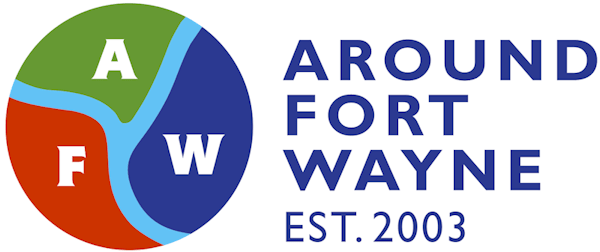
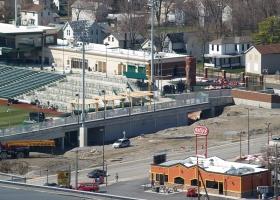
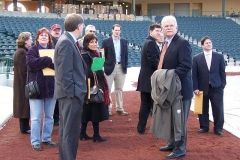
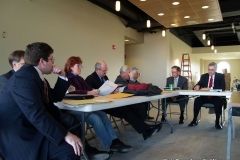
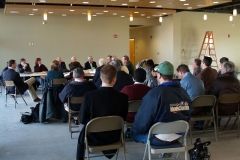
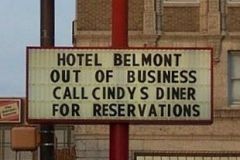
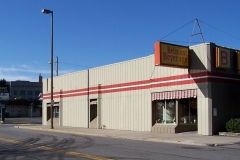
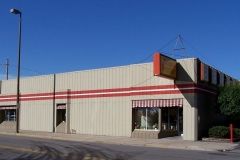
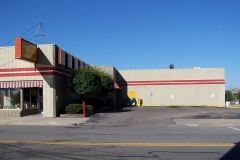
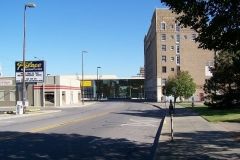
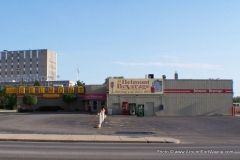
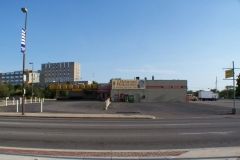
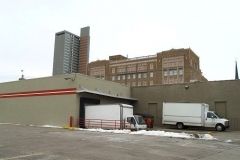
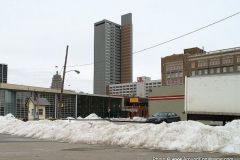
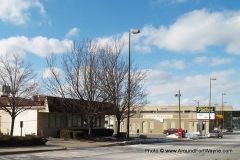
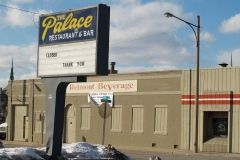
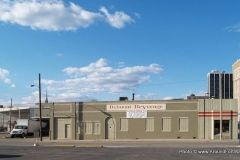
Thank you John Shoaff! This is what many of us have been pointing out for two years. I assume most of you have seen that Barry Real Estate is having no trouble at all in financing a $40 million plus building that they will own in Cincinnati, Ohio. They will be financing it with money earned from attendees at Tin Cap games at Parkview Field!! What a great deal we got from them – NOT!!!
Im shocked that he finally did this and pleasantly amazed. John Shoaff gets major kudos for standing up and being counted on the side of honest and transparent government for this one move alone.
I do realize that this is an important first step in a renegotiation process but I do have one question: Was either the request @ CIty Council meeting and/or this letter a binding statement or just a request for review by the administration?
Hi Kenneth, This request was made verbally during the City Council meeting. However, that said, John has brought some of these very same issues up before, most notably the last time Barry Real Estate was before City Council and I think he may have even brought it up when White Lodging Services was before Council as well. That time, however it was mainly the non-performance issue. This has been John’s position all along. The first time BRE was before City Council John brought up then as well. So, he’s been consistent.